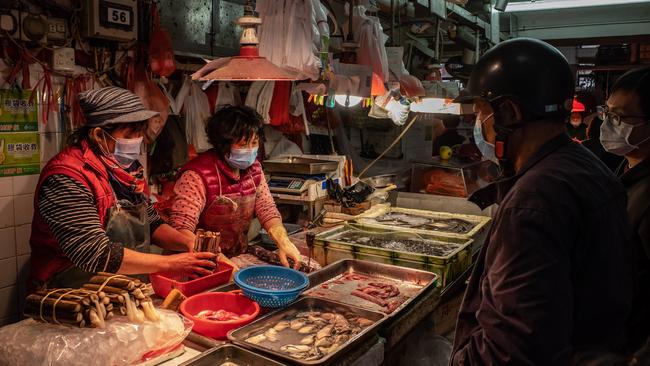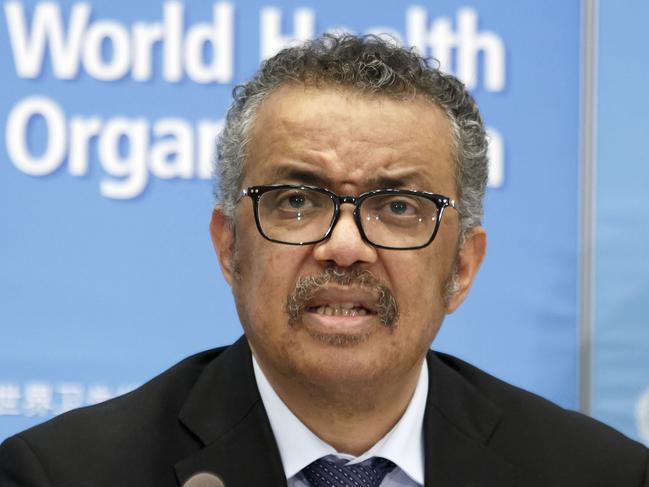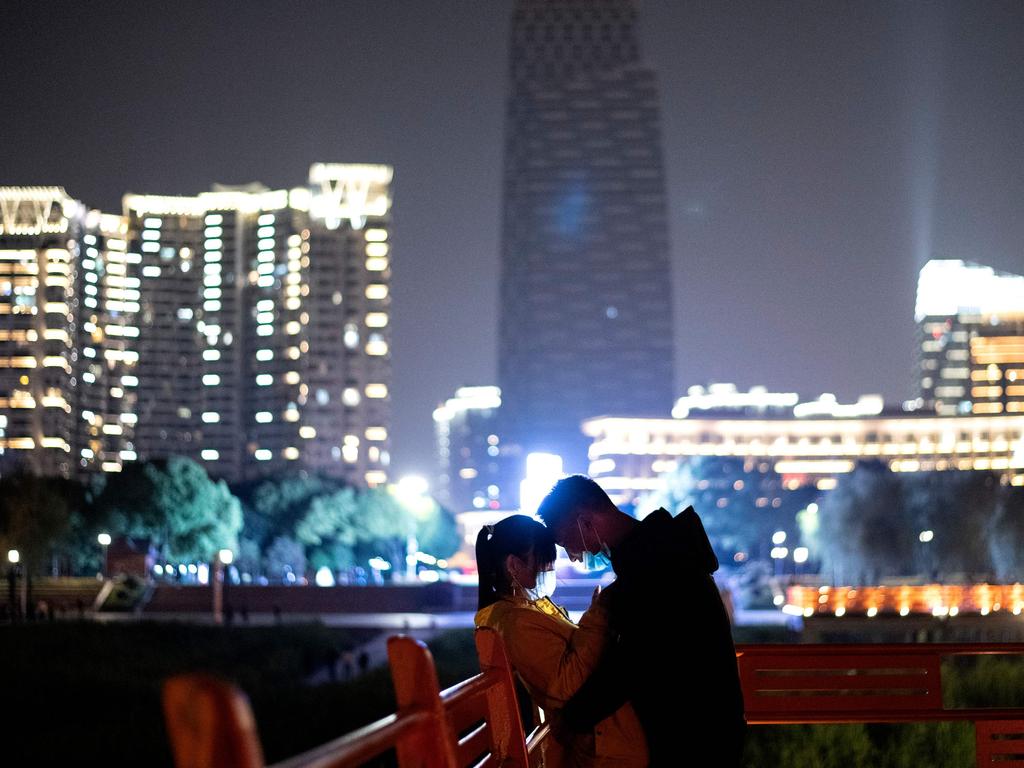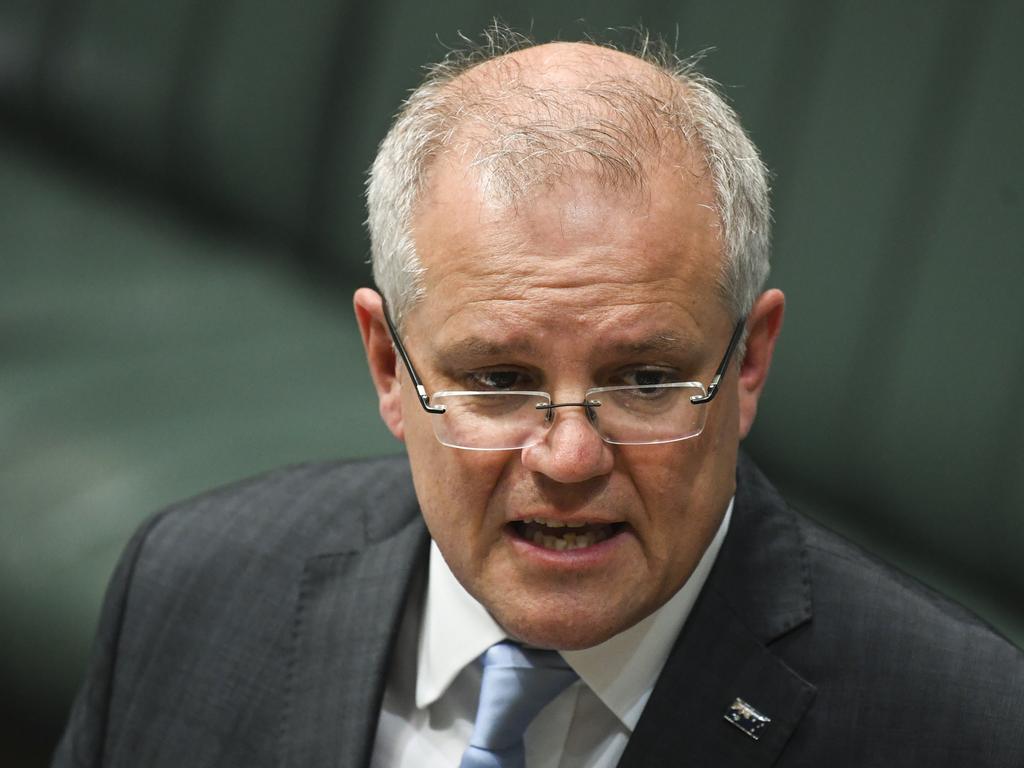Coronavirus: WHO an expensive lame duck
The World Health Organisation’s deranged defence of China’s notorious wet markets, beggars belief. It is surely the last straw.

The World Health Organisation’s deranged defence of China’s notorious wet markets, reported on Tuesday, beggars belief.
The markets in the city of Wuhan are widely believed to have spawned the COVID-19 pandemic that has infected almost two million people and so far has killed 115,000. It also is devastating the lives and livelihoods of countless more millions across the world, inflicting economic damage that could take decades to repair.
China’s wet markets, described by observers as “cesspits of blood, entrails and excrement”, bring together traditional livestock with other animals, including rats, bats, civets and pangolins. Such creatures are used for food delicacies and in Chinese medicine.
In markets, they create ideal conditions for zoonotic diseases to fester and to migrate from animals to humans. The markets are blamed not only for the present catastrophe but also for earlier outbreaks — the 2003 severe acute respiratory syndrome epidemic that emanated from Guangdong and the 2009 swine flu.
For all that, as Ben Packham reports, the view of the WHO’s regional office is that “the WHO does not advocate to prohibit wet markets because they are a source of livelihood to many people and a source of food security to many people. But it is necessary to regulate them and introduce measures to decrease the risk of transmission of diseases at them”. Really? After all that has happened? And could happen again?
A leading US infectious diseases authority, Anthony Fauci, has a different view: given the coronavirus is a “direct result” of the unsanitary markets, it is “mind-boggling” that they are being allowed to stay open.

The WHO regards itself as the pre-eminent global health organisation. But it is shredding what remains of that status by its reluctance to take the lead on China’s wet markets. Even Bill Gates’s otherwise well-intentioned, well-argued blueprint for a co-ordinated global approach to fighting the pandemic, published on Monday, looks ill-conceived when it refers to a leading role for the see-nothing, do-nothing WHO. As Mr Gates said, pandemics are a reminder that humanity is bound together not only by common values and social ties. “We’re also connected biologically, by a microscopic network of germs that links the health of one person to the health of everyone else,” he said. “In this pandemic we are all connected. Our response must be, too.”
In leading the world in its fight against the pandemic, the WHO should be leaving Beijing, as a repeat offender in global health calamities, in no doubt about the overwhelming responsibility it bears to deal decisively with the threat posed by the wet markets.

The WHO’s nonchalance, however, reflects the craven attitude of its Ethiopian director-general, Tedros Adhanom Ghebreyesus, who has shown himself from the start to be an apologist for China’s self-serving mishandling of the Wuhan outbreak.
One of Dr Tedros’s first acts after getting the WHO’s top job in 2017 was to nominate Zimbabwe’s former dictator, Robert Mugabe, a Beijing favourite, as the organisation’s goodwill ambassador. Dr Tedros also has slavishly enforced China’s determination to keep Taiwan out of the WHO, despite it showing itself to be the most successful country in the world in dealing with the pandemic.
Scott Morrison has demanded that China and the WHO, to which Australia is due to give $16m in 2020-21, “do something” about the wet markets. So has the Trump administration and the governments of other nations as they struggle to cope with tens of thousands of cases of COVID-19 and mounting death tolls. As Wuhan reopens, so are its wet markets, again endangering countless lives.







To join the conversation, please log in. Don't have an account? Register
Join the conversation, you are commenting as Logout